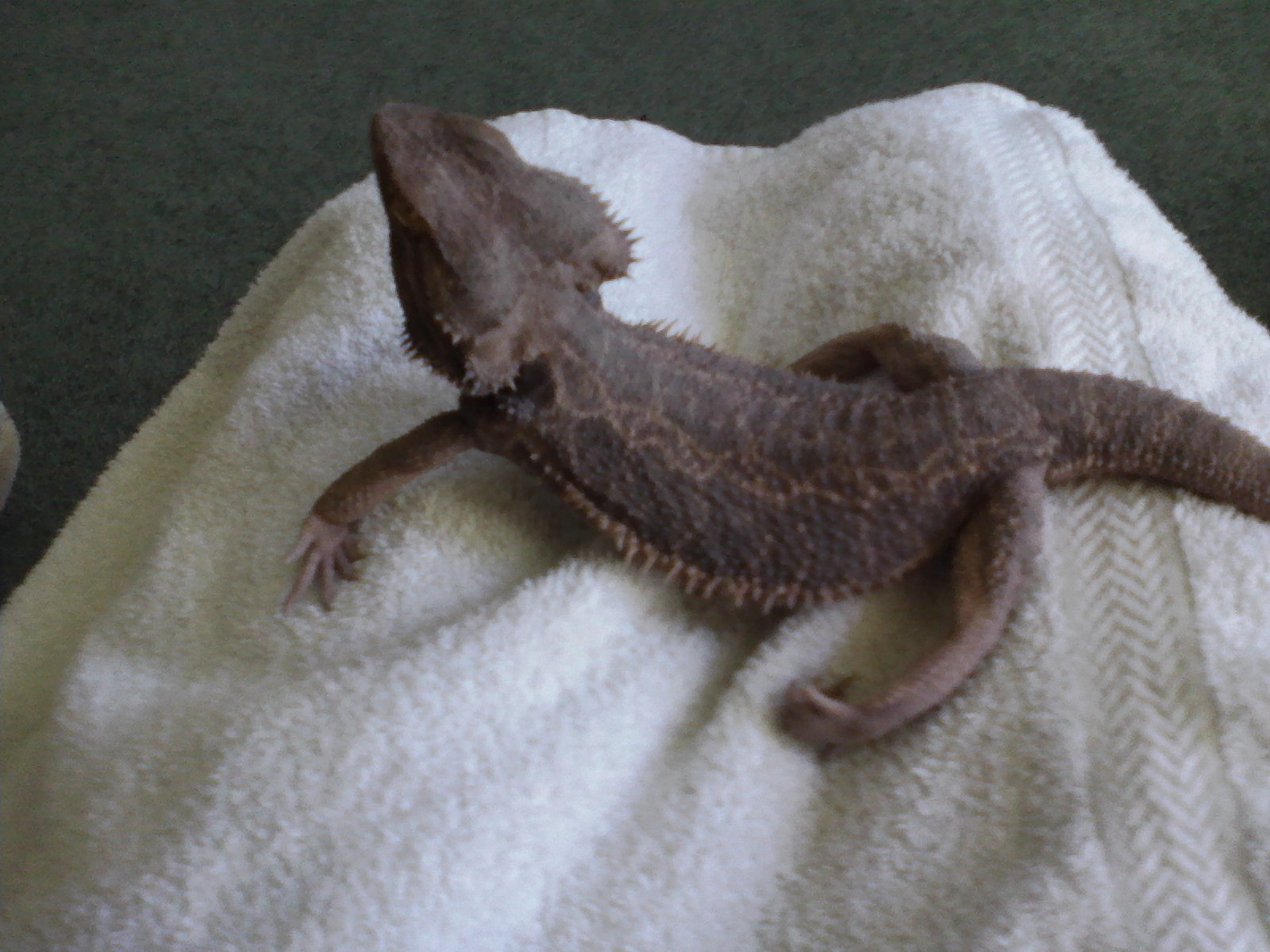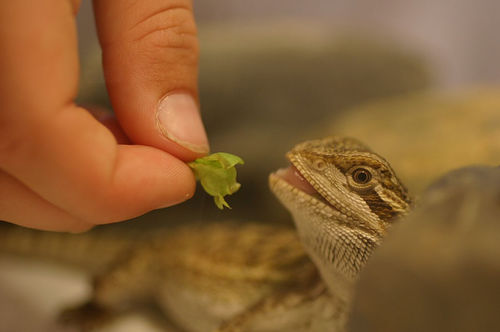5 Signs of Abnormal Behavior in Bearded Dragons: A Beginner's Guide
Introduction
Bearded dragons are fascinating creatures that make great pets. However, just like any other animal, they can exhibit abnormal behavior that needs to be taken seriously. As a beginner, it’s important to understand what is normal and what isn’t when it comes to your bearded dragon’s behavior.
1. Lack of Appetite
One of the most common signs of abnormal behavior in bearded dragons is a lack of appetite. If your bearded dragon isn’t eating or drinking, it could be a sign of something more serious. This could be caused by a number of factors, including illness, stress, or digestive issues.

If you notice that your bearded dragon isn’t eating or drinking as much as usual, monitor their behavior closely. If the behavior continues for more than a few days, it’s important to take them to a vet for a check-up.
2. Lethargy
Bearded dragons are typically active creatures, so if your pet is suddenly lethargic, it could be a cause for concern. Lethargy is often a sign of illness or stress, and can be indicative of a more serious issue.

If you notice that your bearded dragon is spending an unusual amount of time sleeping or seems uninterested in activities that usually excite them, it’s important to take them to a vet for a check-up.
3. Aggression
While bearded dragons are typically docile creatures, they can become aggressive if they feel threatened or stressed. Aggression can be displayed through hissing, biting, and tail lashing. It’s important to understand what is causing the aggression and to take steps to remedy the situation.

If you notice that your bearded dragon is displaying aggressive behavior, consider whether they may be feeling threatened or stressed. Make sure that their habitat is set up correctly and that they have plenty of hiding places. If the behavior continues, consider consulting with a veterinarian.
4. Abnormal Stool
Bearded dragons typically have firm, compact stools that are easy to clean up. If you notice that your bearded dragon’s stool is runny, or has an unusual color or consistency, it could be a sign of parasites or other health issues.

If you notice any abnormalities in your bearded dragon’s stool, it’s important to consult with a veterinarian. They can perform tests to determine if there are any underlying health issues that need to be addressed.
5. Abnormal Shedding
Bearded dragons shed their skin regularly, which is a normal process. However, if you notice that your bearded dragon is having difficulty shedding, or if the shedding is taking longer than usual, it could be a sign of a more serious issue.

If you notice any abnormalities in your bearded dragon’s shedding process, it’s important to monitor them closely. If the issue persists, consult with a veterinarian for further advice.
Conclusion
As a bearded dragon owner, it’s important to be aware of what is normal and what isn’t when it comes to your pet’s behavior. If you notice any signs of abnormal behavior, monitor them closely and consult with a veterinarian if necessary. By staying vigilant, you can help ensure that your bearded dragon stays happy and healthy for years to come.
